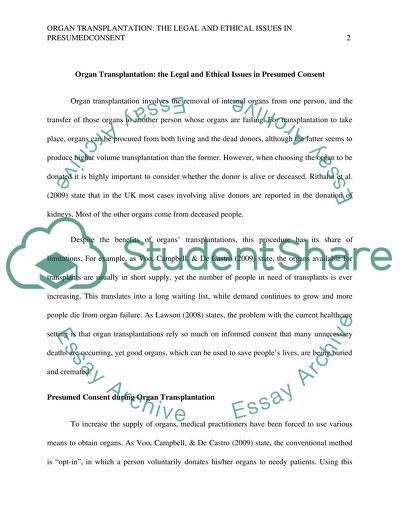Cite this document
(“Organ Transplantation Personal Statement Example | Topics and Well Written Essays - 1500 words”, n.d.)
Retrieved from https://studentshare.org/nursing/1480768-organ-transplantation
Retrieved from https://studentshare.org/nursing/1480768-organ-transplantation
(Organ Transplantation Personal Statement Example | Topics and Well Written Essays - 1500 Words)
https://studentshare.org/nursing/1480768-organ-transplantation.
https://studentshare.org/nursing/1480768-organ-transplantation.
“Organ Transplantation Personal Statement Example | Topics and Well Written Essays - 1500 Words”, n.d. https://studentshare.org/nursing/1480768-organ-transplantation.


